Humbled by Afghanistan
The debate about America's failure in Afghanistan could use a little more humility — on both sides

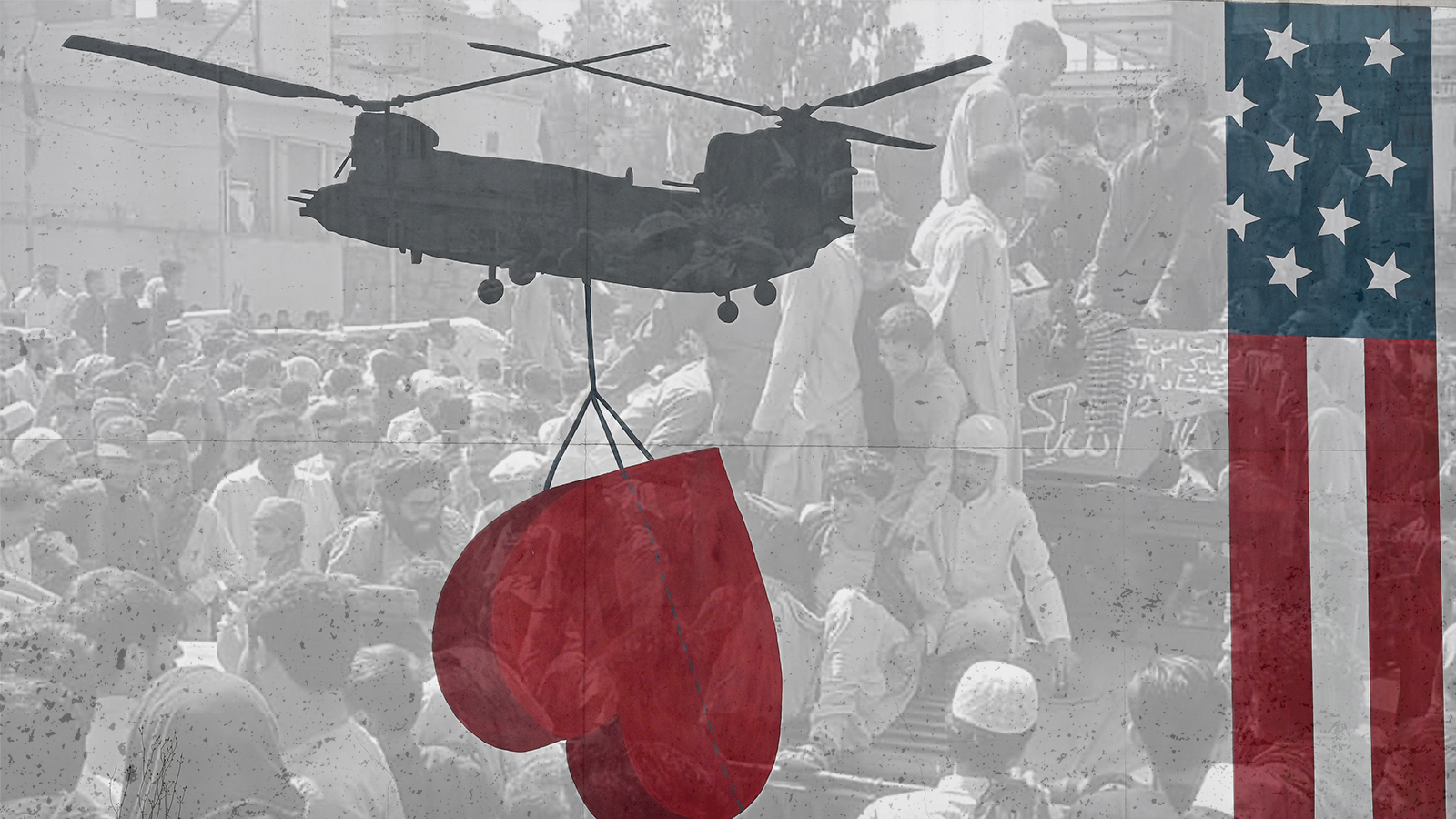
A free daily email with the biggest news stories of the day – and the best features from TheWeek.com
You are now subscribed
Your newsletter sign-up was successful
The American-backed government in Afghanistan has collapsed with stunning, searing speed. President Ashraf Ghani fled the country on Sunday as Taliban fighters entered Kabul, while the U.S. embassy in the city reportedly lowered its flag amidst the evacuation of American personnel from the country. For the United States, the war is over, lost, a disaster. The Taliban have won. The results are likely to be tragic and terrifying, especially for the country's women.
As might be expected, events abroad have reverberated stateside, setting off a round of finger-pointing and angry arguments over the wisdom of President Biden's decision to withdraw troops from Afghanistan. On one side, those who say that Biden should have at least kept a nominal troop presence in the country — and who argue America's swift withdrawal was a "psychological blow" to government forces that had been fighting alongside U.S. troops for most of the last 20 years. "We set them up for failure," retired Gen. David Petraeus, the former CIA director, told The New York Times.
On the other side — the side I take — there are those who argue this awful moment was coming anyway, whether the United States departed Afghanistan now or in five, 10, or 20 years. The Taliban were always going to be able to outwait us; it's their country after all. A generation of endless war is enough. "After 20 years of backstopping the Afghan government and paying for the Afghan security forces, extending the U.S. troop presence in the country was unlikely to make much of a difference in the war," analyst Daniel DePetris wrote for USA Today.
The Week
Escape your echo chamber. Get the facts behind the news, plus analysis from multiple perspectives.

Sign up for The Week's Free Newsletters
From our morning news briefing to a weekly Good News Newsletter, get the best of The Week delivered directly to your inbox.
From our morning news briefing to a weekly Good News Newsletter, get the best of The Week delivered directly to your inbox.
What the debate could use is a little more humility, on both sides.
For the hawks, this means truly reconciling with how U.S. failures in Afghanistan over the last two decades contributed to the chaos we're now seeing. As documented by The Washington Post's Craig Whitlock, American presidents George W. Bush, Barack Obama, and even Donald Trump hid the truth from the public about the weakness of the American position in the country, even obscuring an assassination attempt on then-Vice President Dick Cheney when he visited. U.S. generals so often falsely declared a sense of confidence — about the war effort, about the progress in training the Afghan armed forces — "that their statements amounted to a disinformation campaign," Whitlock writes.
Sometimes the truth seeped out. Even as he asked President Obama for a surge of troops to Afghanistan in 2009, Gen. Stanley McChrystal acknowledged in a memo that the "weakness of state institutions, malign actions of power-brokers, widespread corruption and abuse of power by various officials" had, along with other factors, "created fertile ground for the insurgency." McChrystal got his troops, but 12 years later, not much has changed — a big reason the Taliban has been able to advance so quickly. And if it's true that the Afghan government has collapsed because its forces couldn't function without U.S. air support and intelligence, that also means that in 20 years the United States never quite got around to preparing those forces to stand on their own.
In any case, it's clear that years of hollow happy talk has discredited the pro-war position — one recent poll suggests that 70 percent of the American public favors the withdrawal from Afghanistan, including most Republicans. Biden may be overseeing the end of the war, but it was his Republican predecessor who set it in motion. All of this would seem to require some introspection from America's hawks.
A free daily email with the biggest news stories of the day – and the best features from TheWeek.com
But humility is also required of those who advocated leaving Afghanistan. If there is such a thing as "withdrawing arrogantly," the Biden administration has accomplished it, quite possibly in the belief that America could simply wipe its hands of the situation and walk away. It has been clear for months that the White House and Pentagon lacked a real plan for evacuating the native interpreters and contractors who assisted American forces over the last 20 years. Many of those people — those who can't escape — will find their lives endangered under Taliban rule.
"The puzzle for me is the absence of contingency planning," retired Gen. Douglas E. Lute told The New York Times. "If everyone knew we were headed for the exits, why did we not have a plan over the past two years for making this work?" Even if you believe it was important for America to finally get out of Afghanistan, and even if you believe things were always going to end badly, the way we've chosen to leave has been ugly and harmful.
The final reason for humility in this foreign policy debate is because what's happening is so much more than a foreign policy debate. Americans can argue all they want — and they will — but it is Afghans, millions of them, who are living events on the ground. Some will die, many more will find their dreams and aspirations crushed under threats of violence. All of them have been living with war for the last 40 years. They will have to live with the Taliban, probably for many years to come. A terrible thing is happening on the other side of the world, the result of U.S. decisions. The consequences, however, are not all about us. Americans would do well to remember that — both in the coming days, and as we decide how to engage the world in the future.
Joel Mathis is a writer with 30 years of newspaper and online journalism experience. His work also regularly appears in National Geographic and The Kansas City Star. His awards include best online commentary at the Online News Association and (twice) at the City and Regional Magazine Association.
-
 Antonia Romeo and Whitehall’s women problem
Antonia Romeo and Whitehall’s women problemThe Explainer Before her appointment as cabinet secretary, commentators said hostile briefings and vetting concerns were evidence of ‘sexist, misogynistic culture’ in No. 10
-
 Local elections 2026: where are they and who is expected to win?
Local elections 2026: where are they and who is expected to win?The Explainer Labour is braced for heavy losses and U-turn on postponing some council elections hasn’t helped the party’s prospects
-
 6 of the world’s most accessible destinations
6 of the world’s most accessible destinationsThe Week Recommends Experience all of Berlin, Singapore and Sydney
-
 Operation Rubific: the government's secret Afghan relocation scheme
Operation Rubific: the government's secret Afghan relocation schemeThe Explainer Massive data leak a 'national embarrassment' that has ended up costing taxpayer billions
-
 The Taliban’s ‘unprecedented’ crackdown on opium poppy crops in Afghanistan
The Taliban’s ‘unprecedented’ crackdown on opium poppy crops in Afghanistanfeature Cultivation in former poppy-growing heartland Helmand has been slashed from 120,000 hectares to less than 1,000
-
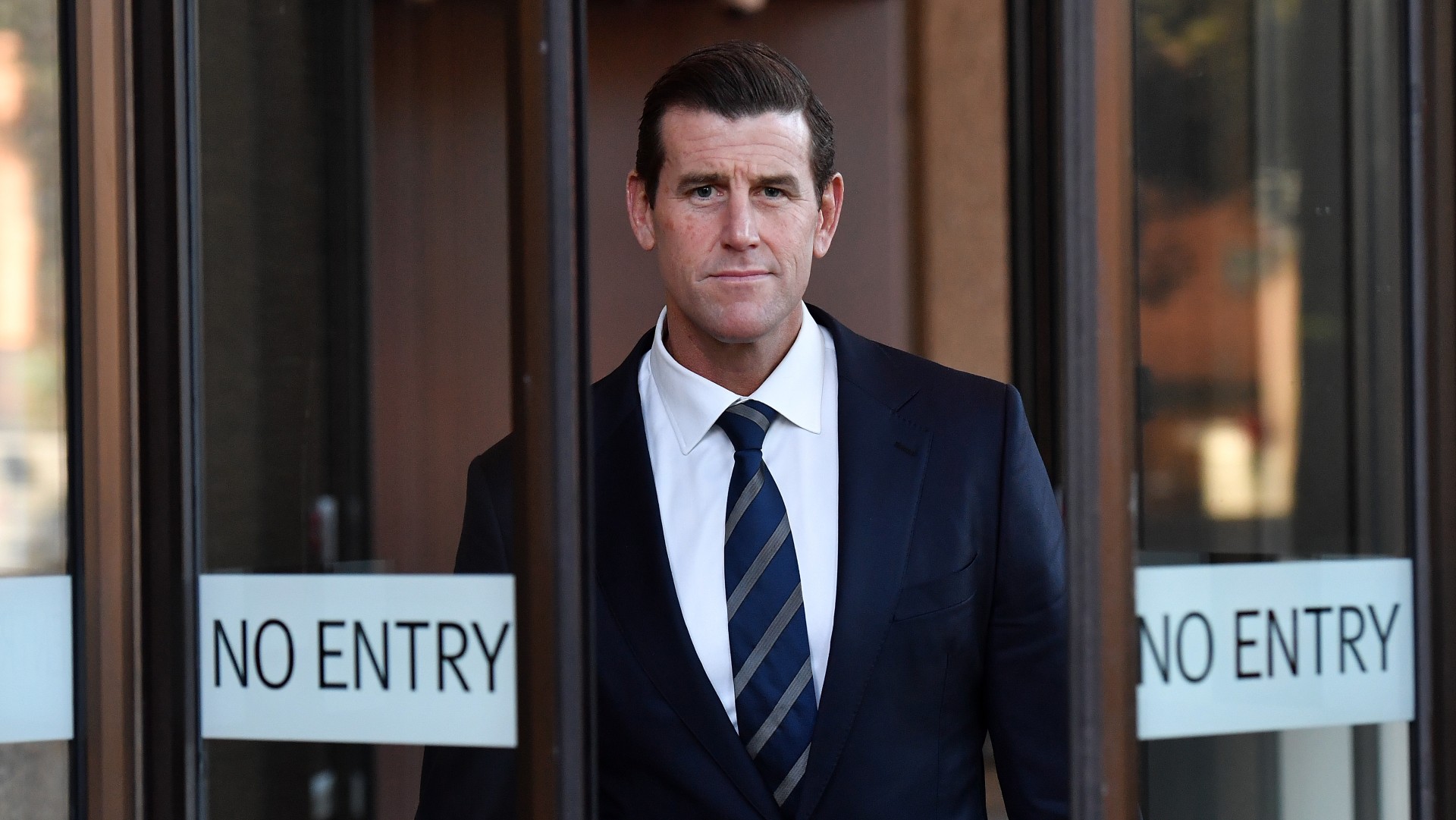 Ben Roberts-Smith: will more Afghanistan war crimes trials follow?
Ben Roberts-Smith: will more Afghanistan war crimes trials follow?Today's Big Question Former SAS soldier lost defamation case against Australian newspapers that accused him of murder
-
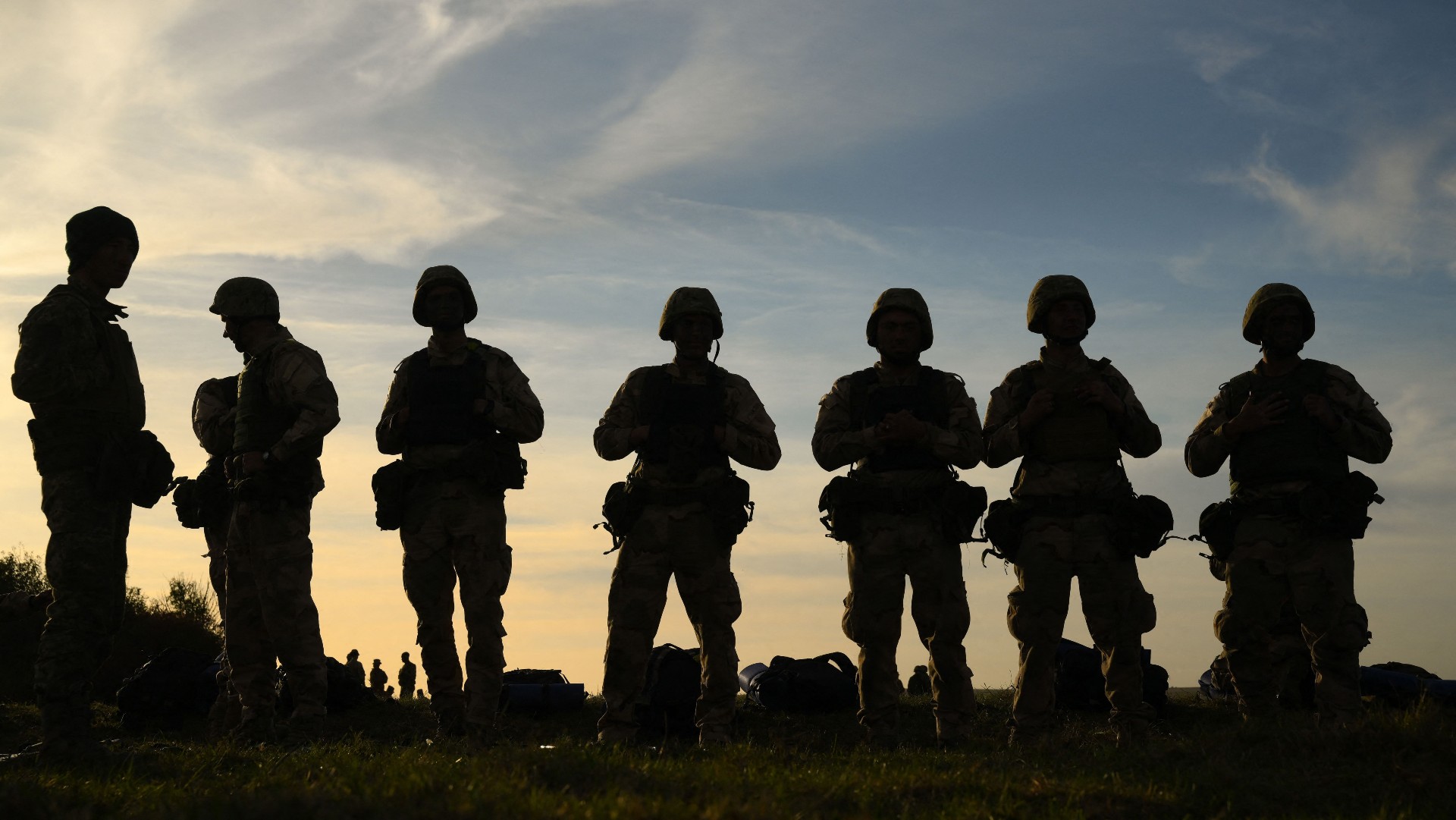 Can the UK rely on the British Army to defend itself?
Can the UK rely on the British Army to defend itself?Today's Big Question Armed forces in ‘dire state’ and no longer regarded as top-level fighting force, US general warns
-
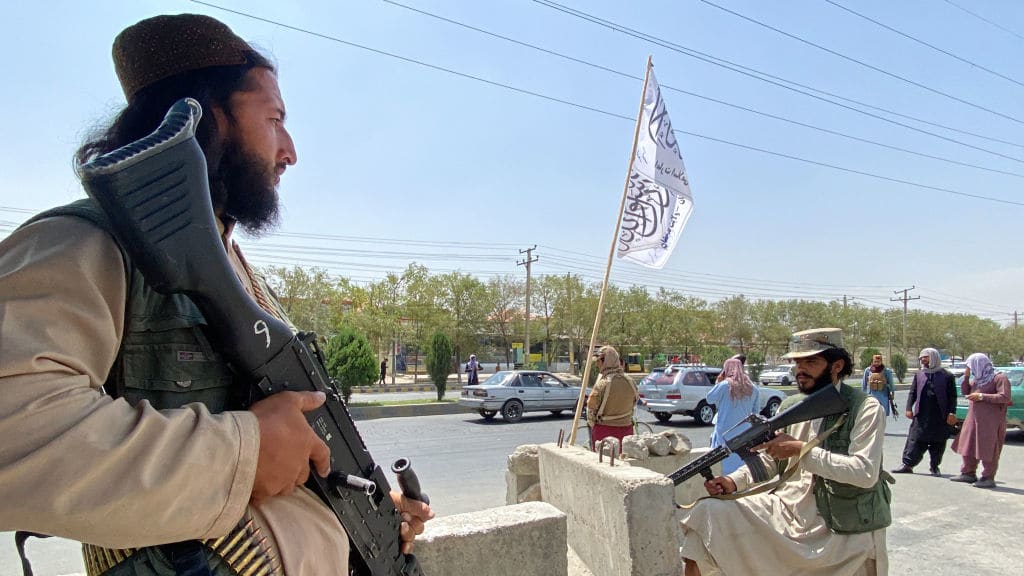 Taliban releases 2 Americans held in Afghanistan
Taliban releases 2 Americans held in AfghanistanSpeed Read
-
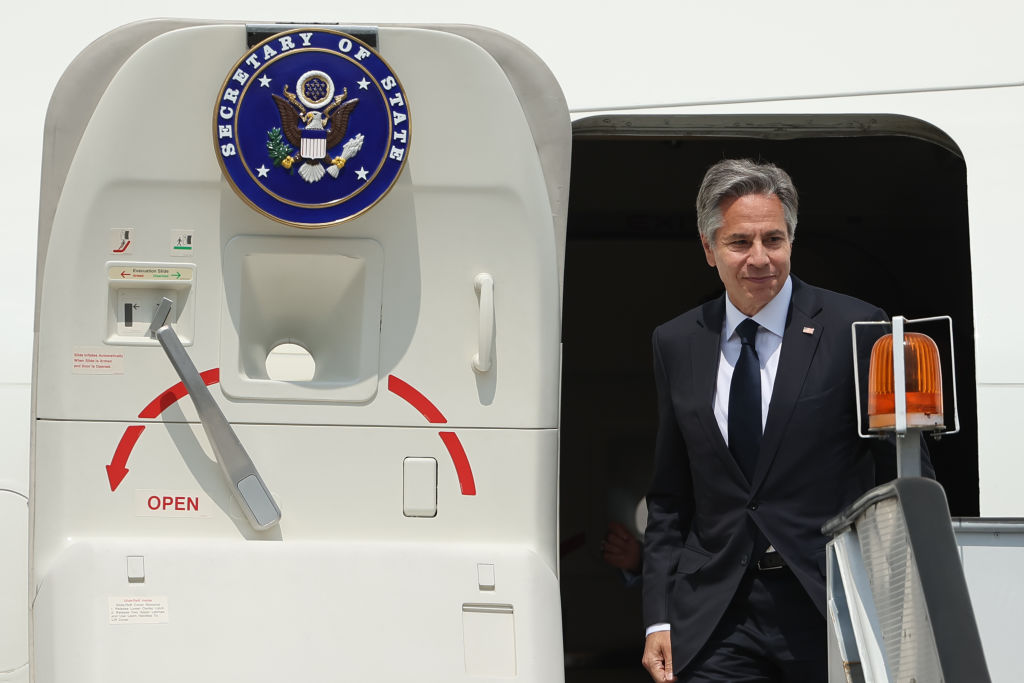 American detained in Afghanistan for over 2 years released in prisoner exchange
American detained in Afghanistan for over 2 years released in prisoner exchangeSpeed Read
-
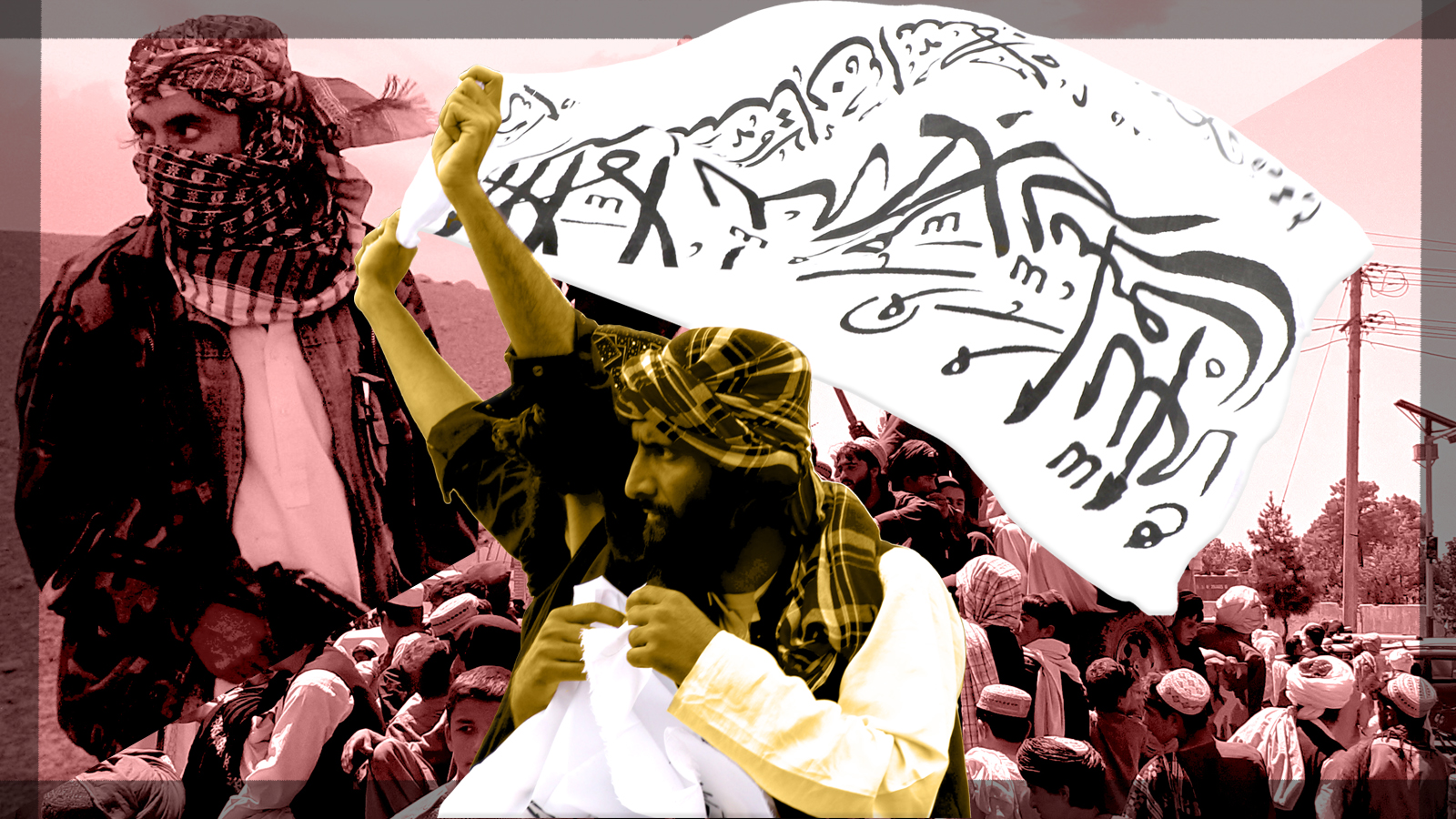 Afghanistan: A year after the withdrawal
Afghanistan: A year after the withdrawalopinion What did the U.S. leave behind when it pulled out of Afghanistan?
-
 Prominent cleric who supported female education killed in Afghanistan bombing
Prominent cleric who supported female education killed in Afghanistan bombingSpeed Read
